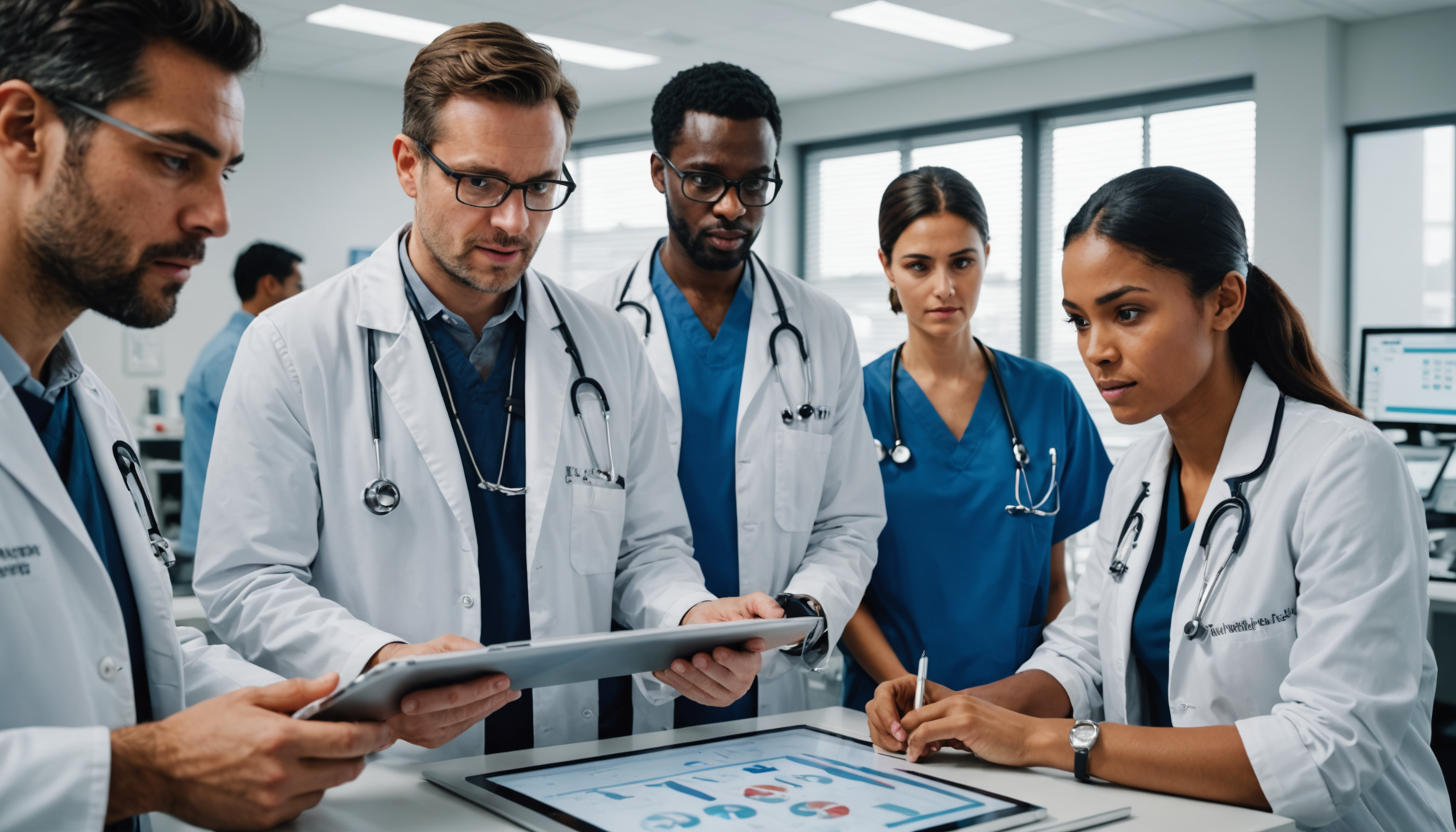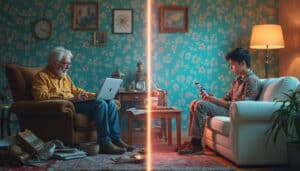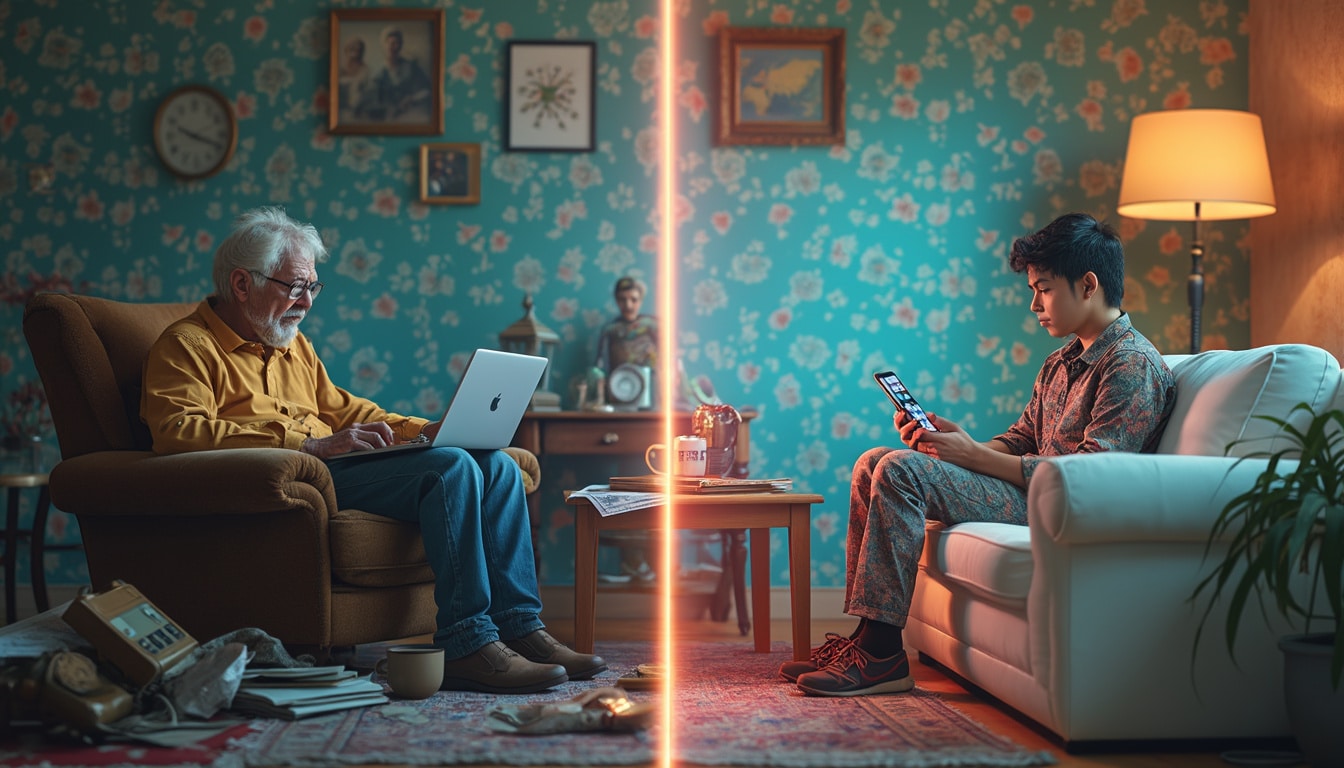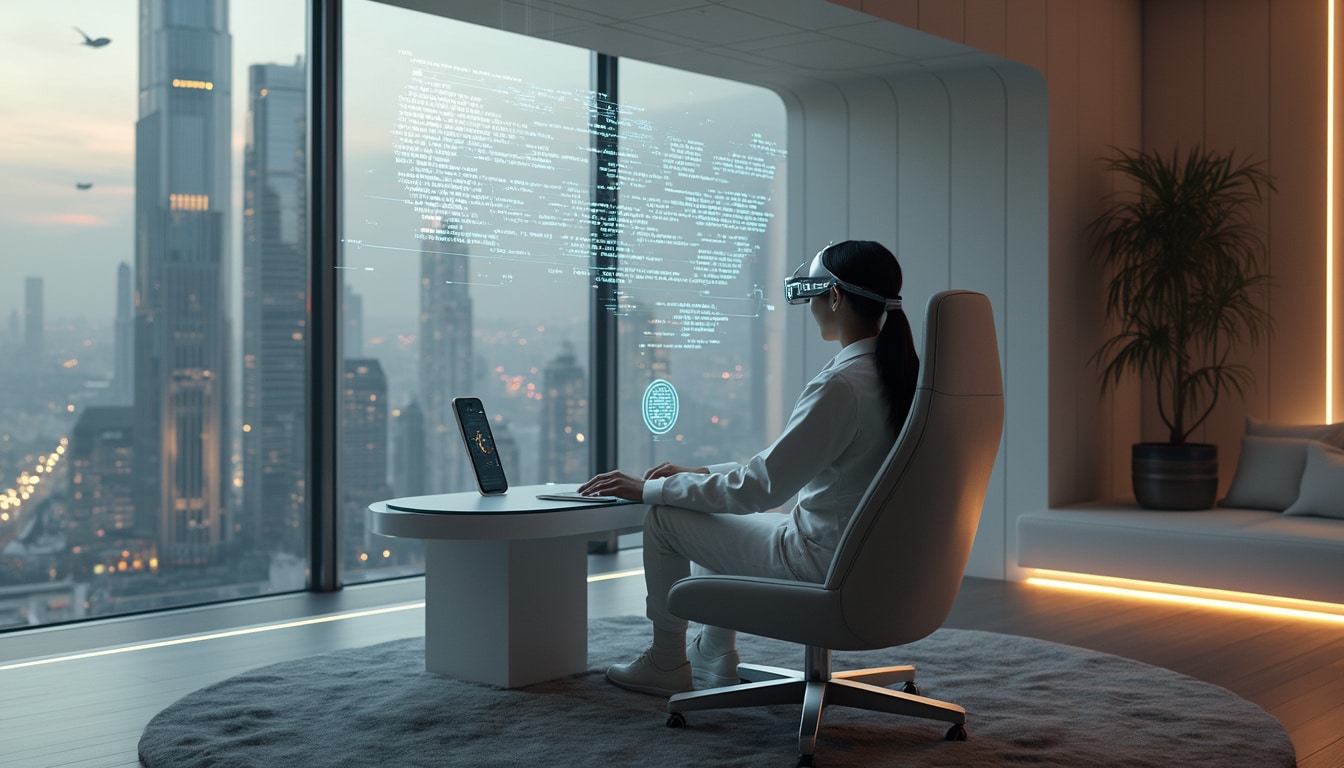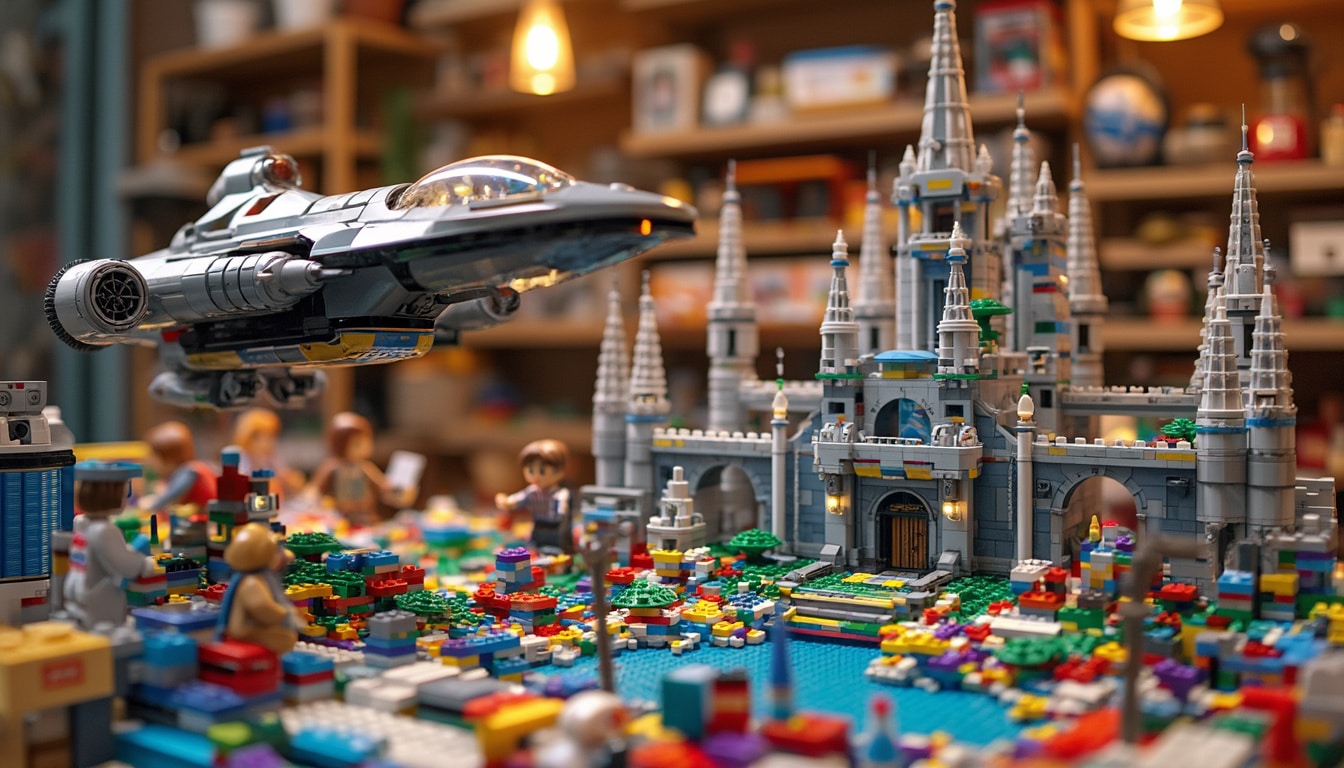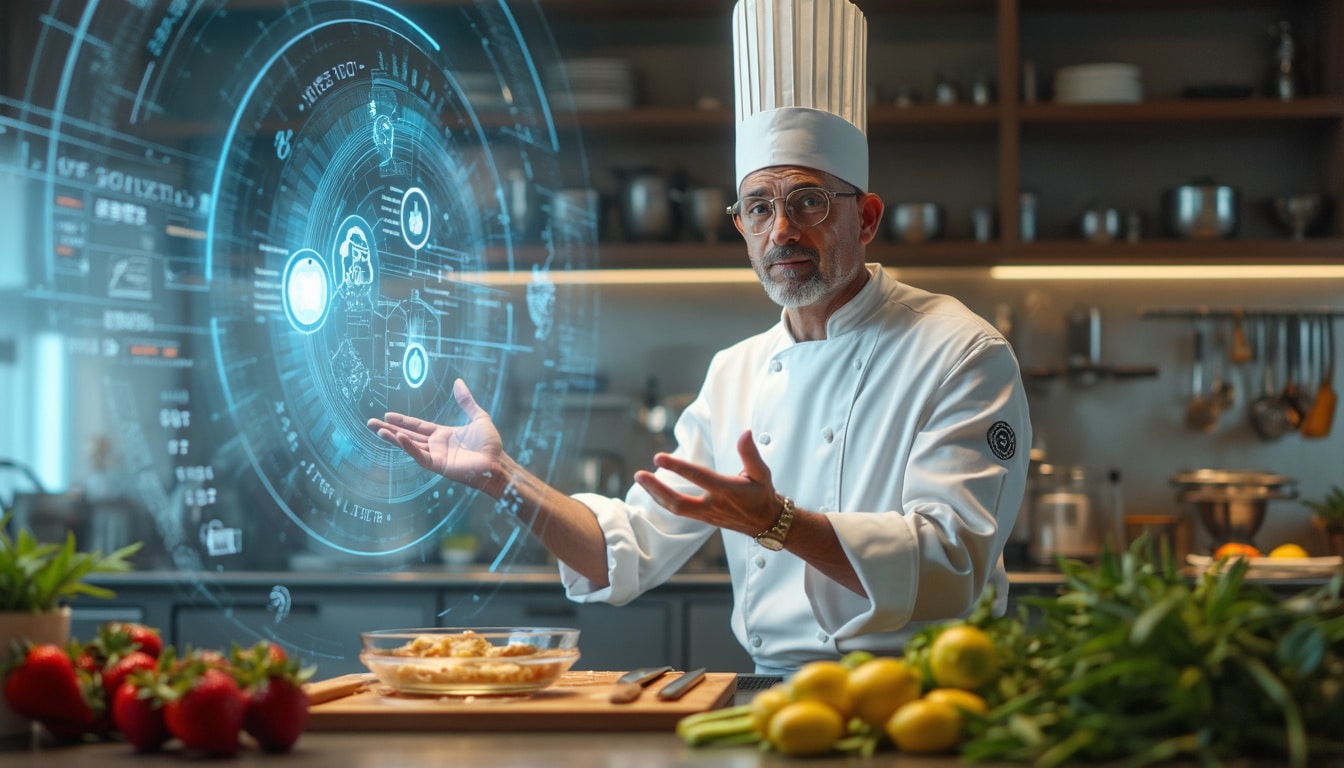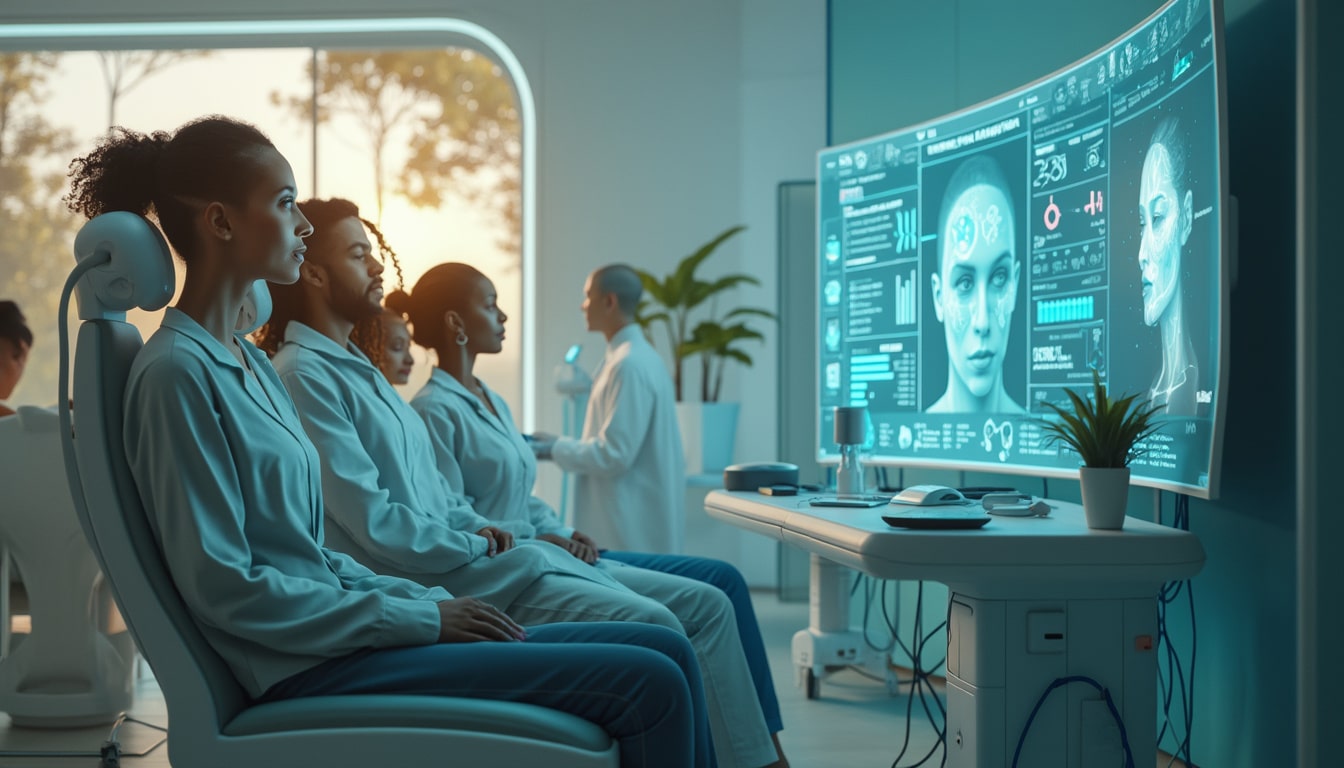AI vs Doctors: ChatGPT Unveils Surprising Findings in Diagnostic Accuracy
A recent study has thrown a hilarious twist into the medical world: ChatGPT outperformed doctors in making medical diagnoses. In an intriguing clinical trial, doctors went head-to-head with this clever AI, and well, it turns out their stethoscopes just might be shaking in their tubes. ChatGPT scored a remarkable 90% accuracy rate, compared to the doctors’ 76% with the chatbot’s assistance. The findings are quite the mindboggling prescription, raising questions about the future role of medical professionals.
The study highlights a fascinating phenomenon: physicians’ overconfidence sometimes led them to stick to their guns, even when ChatGPT offered better solutions. It’s as if they’ve been diagnosed with a chronic case of being stuck in their ways! The study also suggests that a « rapid engineering » course might be in order for doctors; getting the best out of AI tools requires understanding how to work with them. Who knew asking the right questions could be such an art?
Though it’s not all doom and gloom for doctors. The real winner here could be the potential for collaboration. AI, like a fantastic sidekick, can enhance human capabilities. By teaming up, they might uncover more groundbreaking discoveries—just as researchers at MIT did with a 44% increase in interesting materials found and a 39% boost in patents. Together, humans and AI might just revolutionize medicine as we know it.
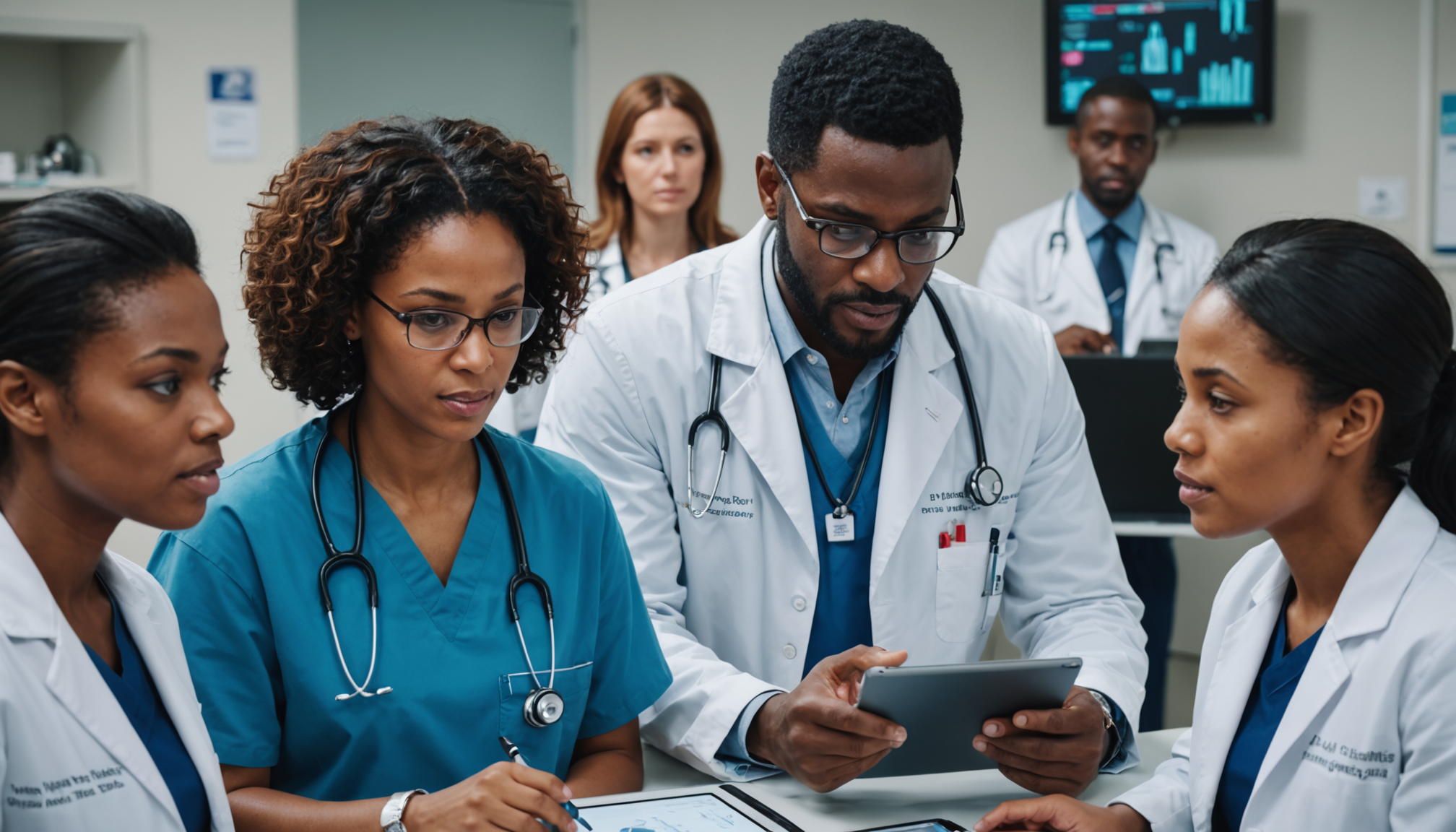
Table of contents
Togglethe rise of AI in medical diagnosis
Have you ever wondered if a robot doctor could diagnose you more accurately than a human doctor? Well, that no longer exists in the realm of science fiction! Recently, a study has revealed that ChatGPT outperformed experienced doctors in diagnosing certain medical conditions. The findings have ushered in a fascinating discussion about the role of artificial intelligence in modern medicine, challenging traditional perceptions of diagnostic accuracy. With ChatGPT achieving a 90% diagnostic accuracy rate in some tests, even prestigious institutions like Harvard are investigating AI’s revolutionary potential.
the implications for the medical profession
The question of whether AI could become a threat or a potent partner to the medical profession is more than just watercooler chatter. ChatGPT’s ability to diagnose medical conditions more accurately than doctors has raised eyebrows and questions about the future of medical practice. There are concerns about physicians’ overconfidence potentially skirting around AI recommendations, which were found more accurate in certain scenarios. This phenomenon of professional hubris suggests a need for enhancing training in digital tools for clinicians. In some cases, medical practitioners could collaborate with technology to improve their diagnosis, as explored in this detailed study.
collaborative potential and innovative breakthroughs
AI is not poised to replace doctors anytime soon; instead, it offers an opportunity to enhance human capabilities. Whether it’s through assisting in generating ideas or unveiling new potentials, AI tools like ChatGPT can complement human efforts in medicine. Notably, MIT researchers demonstrated this by significantly increasing the materials found for research purposes. With 44% more materials discovered and a notable increase in patent filings, the combination of human intellect and machine efficiency holds astonishing promise. Could we soon see doctors and AI as partners in healing rather than rivals? Explore the future possibilities of collaboration and innovation in the medical field through insights from AI-driven diagnosis success stories.


